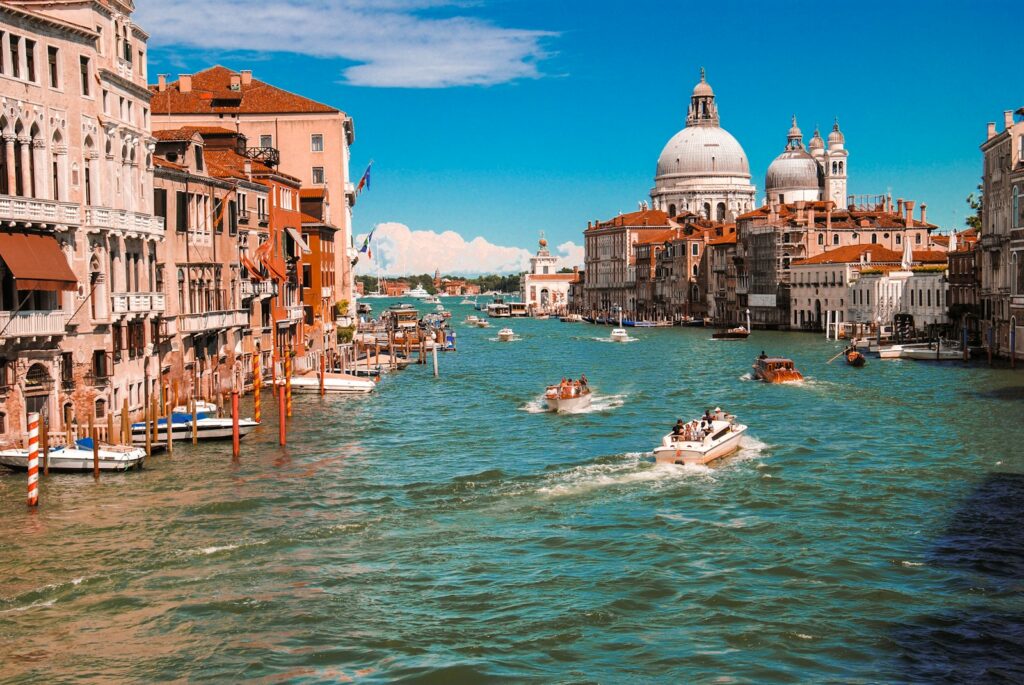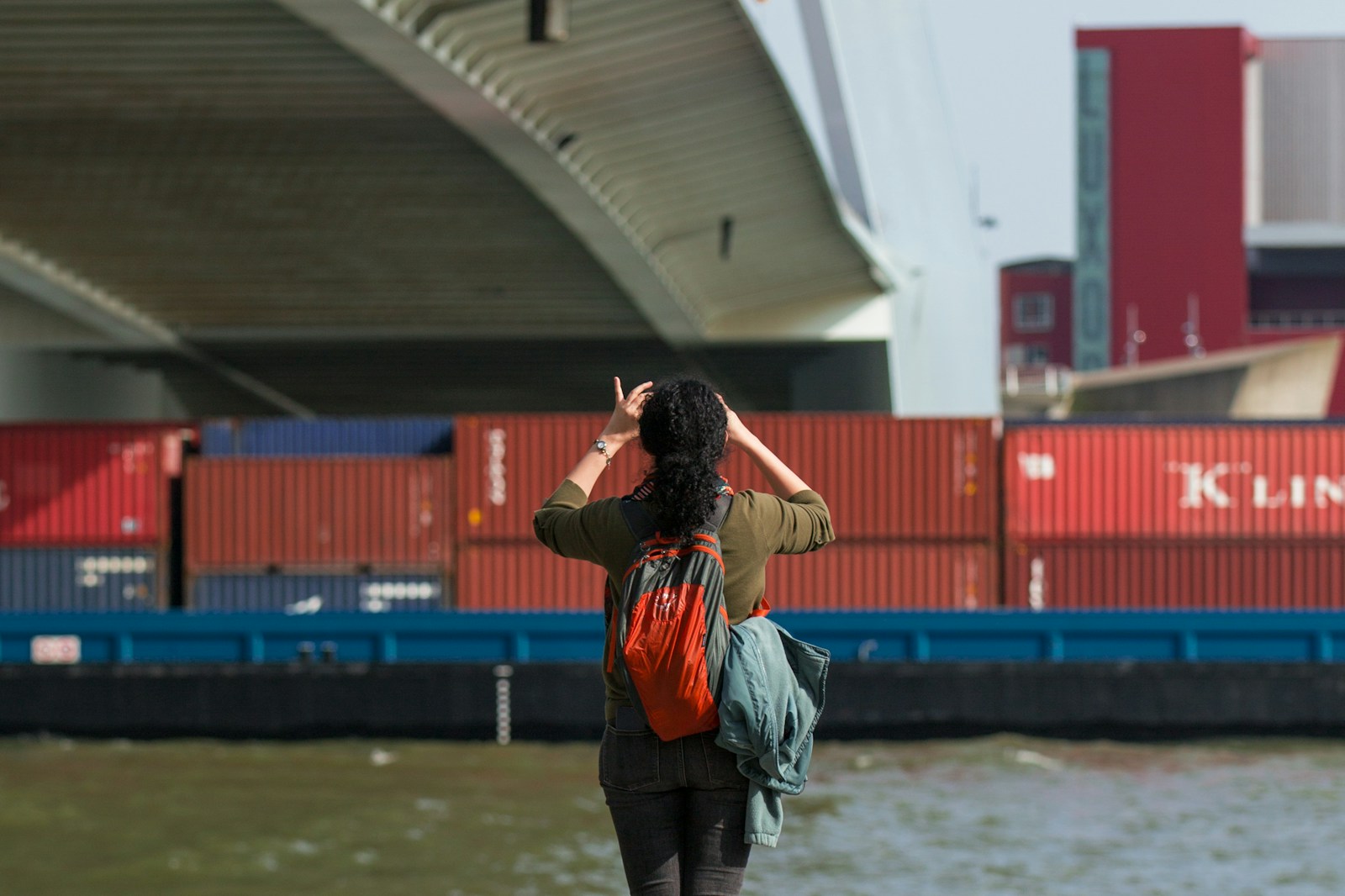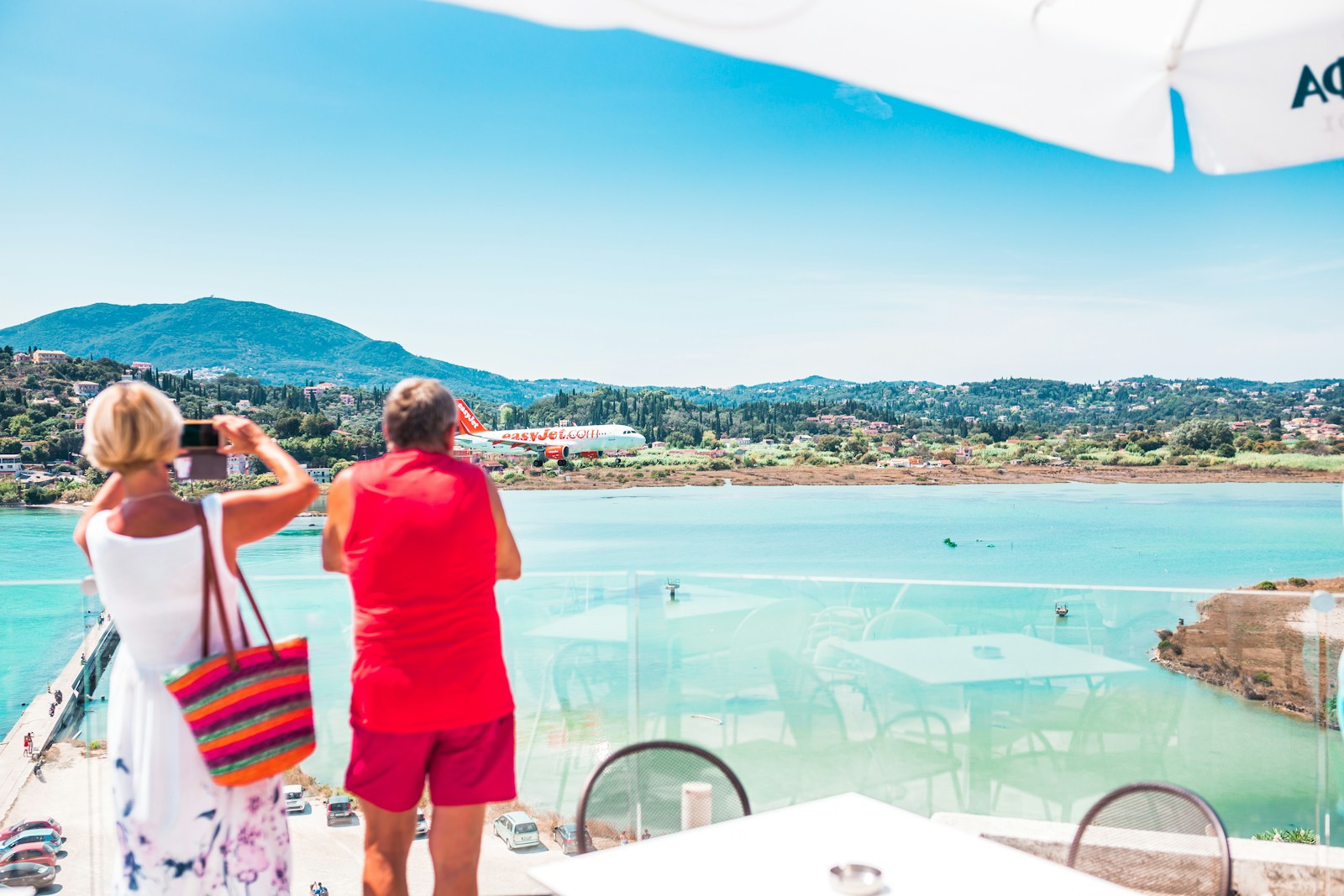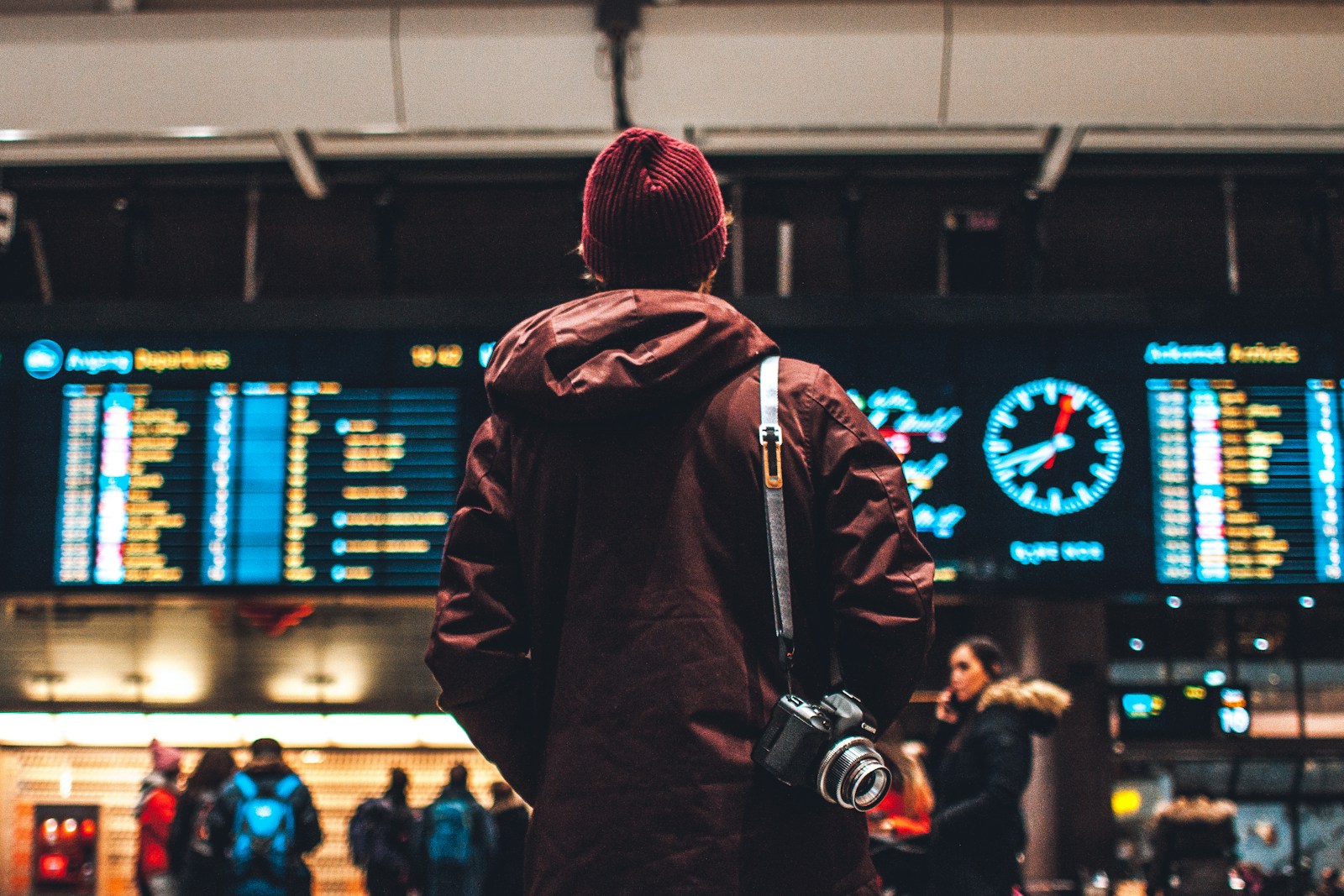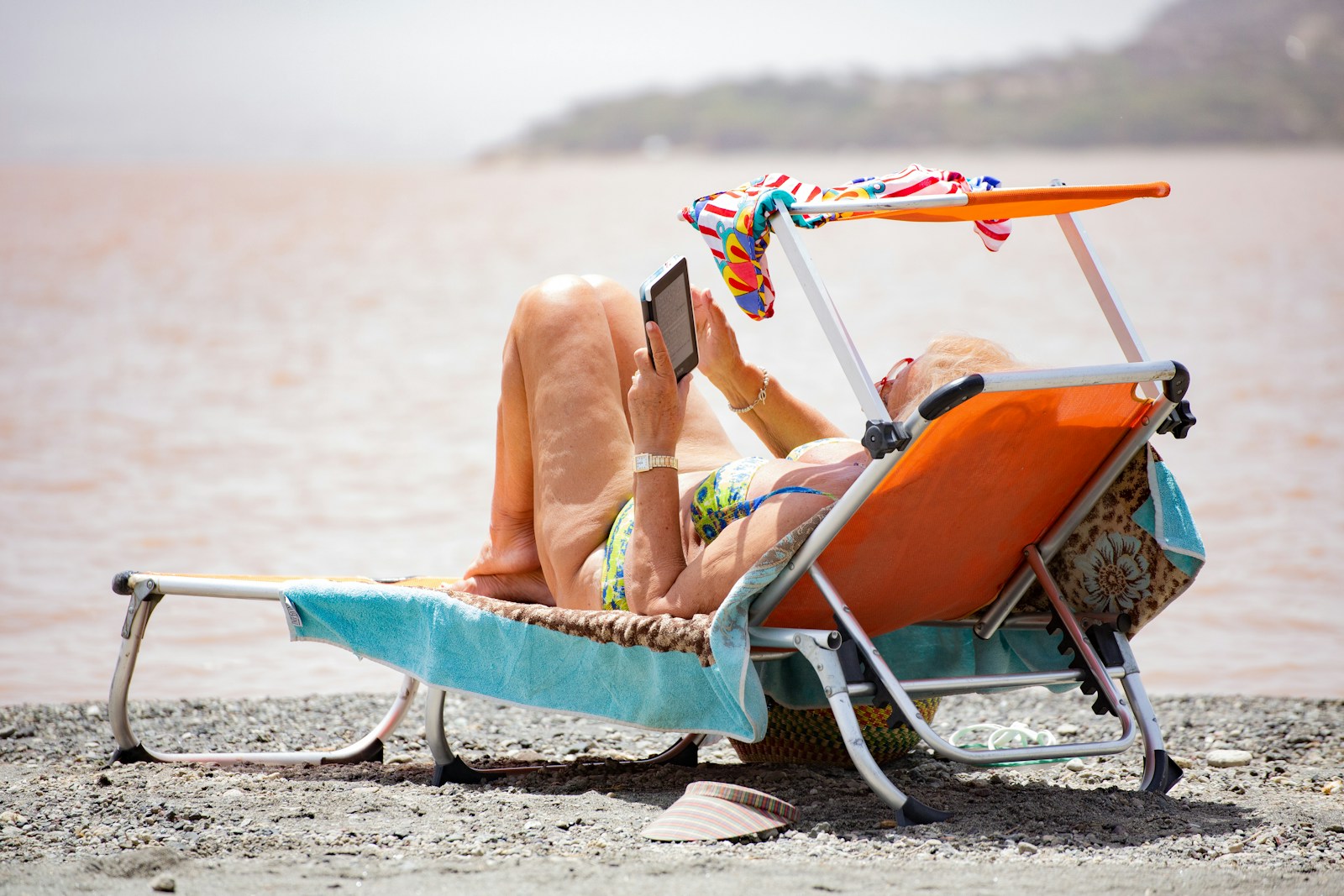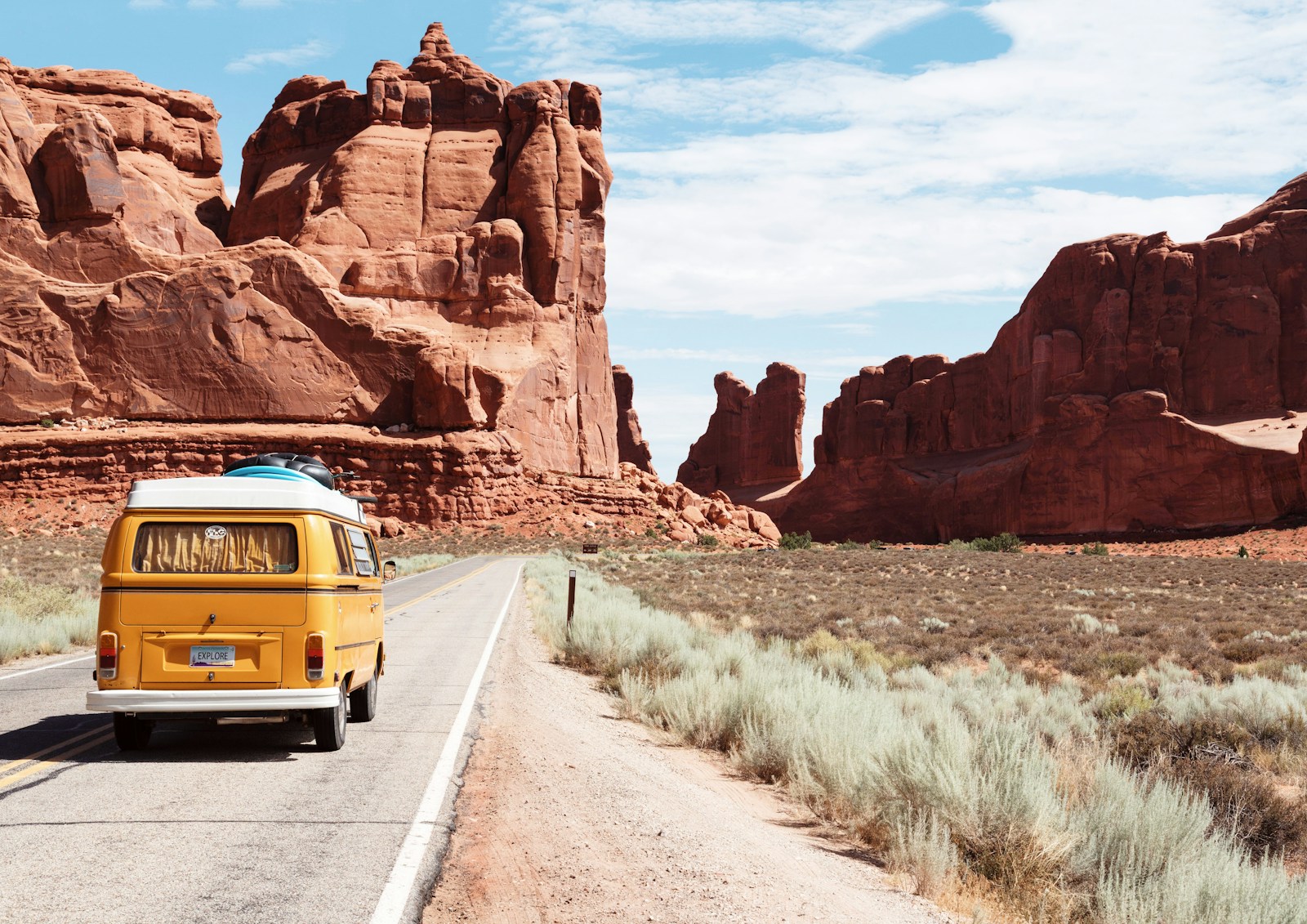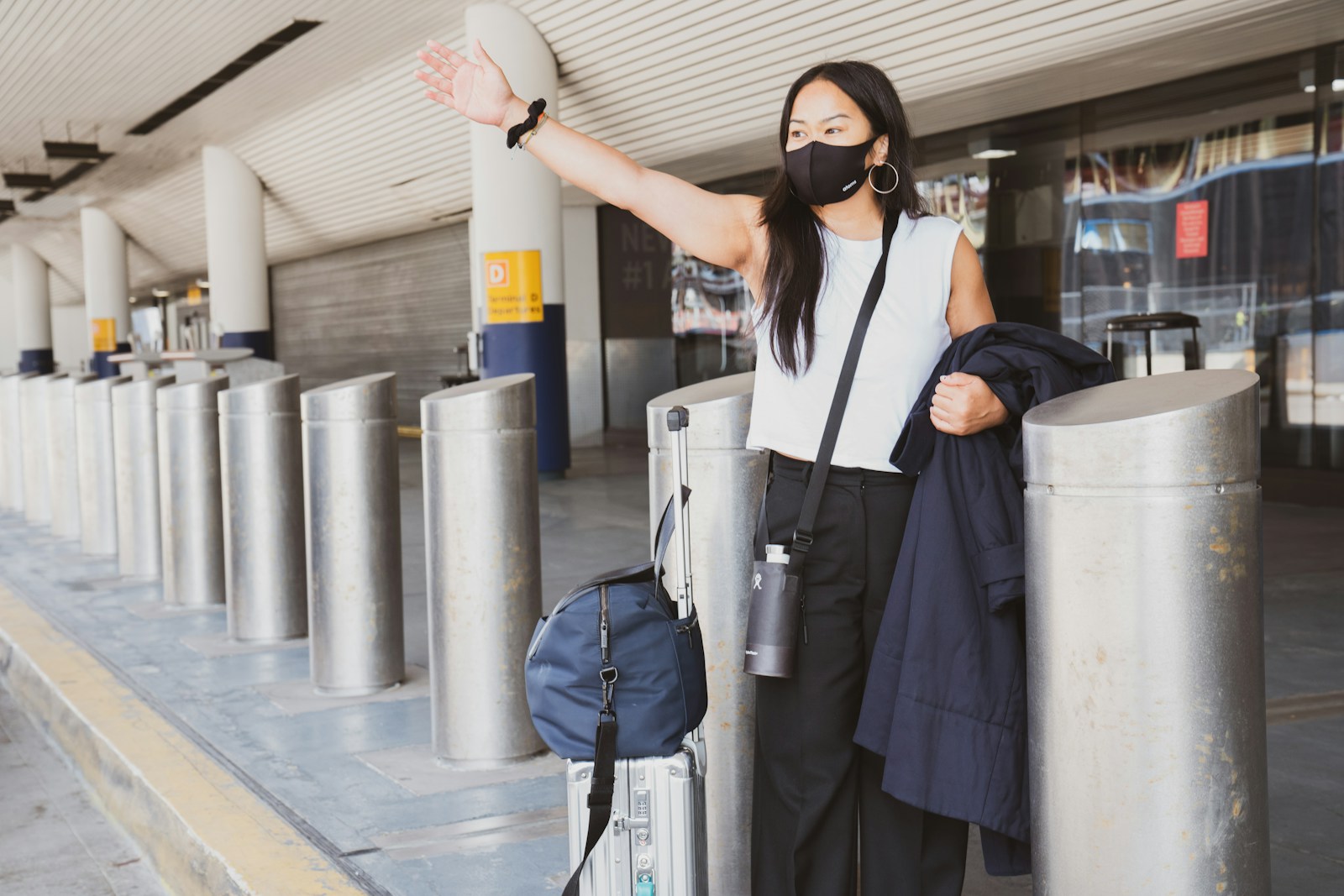In a world that often celebrates the thrill of travel, there is an intriguing counter-narrative gaining traction—the joy of staying put. This blog post explores why some people prefer to remain at home rather than wander the globe. It’s a topic particularly relevant for eco-conscious travelers, homebodies, and solo adventurers who may find themselves questioning the traditional allure of travel. We’ll examine the growing appeal of home life, the psychology behind wanderlust, environmental concerns, and how technology is changing the landscape of exploration. By the end, you may find yourself reevaluating your own travel preferences.
The Appeal of Staying Home
The rise of the homebody culture has introduced a new trend in travel—or rather, the lack thereof. More and more people are finding comfort and satisfaction in the familiar confines of their homes. This shift has significant implications for travel trends, as individuals prioritize different experiences.
One compelling reason people choose to stay home is the unparalleled comfort it offers. The ability to control one’s environment, from lighting to temperature, is a luxury that many prefer over the unpredictability of travel. Additionally, staying home often means fewer unexpected expenses, which can be a major deterrent for those concerned about costs.
For the environmentally conscious, staying put aligns perfectly with their values. Travel, particularly air travel, contributes significantly to carbon emissions. By choosing to stay home, individuals can reduce their carbon footprint and make a positive impact on the environment. This growing awareness of environmental issues is driving more people to reconsider their travel habits.
The Psychology of Wanderlust
Wanderlust, the strong desire to travel and explore the world, is a fascinating psychological phenomenon. Various motivations drive this urge, from seeking new experiences to escaping daily routines.
However, personal and global events can significantly affect one’s desire to travel. For instance, during times of crisis or uncertainty, such as a pandemic or economic downturn, people might prioritize safety and stability over adventure. On a personal level, life changes such as starting a family or changing careers can shift priorities away from travel.
Understanding these motivations and influences helps us appreciate why some choose to stay home while others yearn to explore. It is essential to recognize that both choices are valid and can coexist in the diverse tapestry of human experience.
Environmental Concerns
Eco-consciousness is playing an increasingly vital role in travel decisions. Many travelers are becoming more aware of their environmental impact and are seeking ways to reduce it. This awareness has led to a rise in sustainable travel practices that emphasize conservation and responsible tourism.
For instance, some travelers opt for eco-friendly accommodations, such as hotels that prioritize energy efficiency and waste reduction. Others choose to explore destinations closer to home, reducing the need for long-haul flights. These practices not only benefit the environment but also encourage travelers to experience local culture and support regional economies.
Despite these options, some individuals prefer to stay home entirely to minimize their environmental impact. This choice reflects a commitment to sustainability and a desire to protect our planet for future generations.
Solo Adventures vs. Group Travel
The choice between solo adventures and group travel is a deeply personal one, influenced by various factors. Some individuals thrive on the independence and self-discovery that solo travel offers, while others prefer the camaraderie and shared experiences of group journeys.
Solo adventurers often relish the flexibility and freedom to explore at their own pace. They can focus on their interests and immerse themselves in new environments without the constraints of group dynamics. This style of travel can lead to profound personal growth and self-awareness.
On the other hand, group travel provides social benefits and the opportunity to forge new connections. Traveling with others can enhance the experience, as shared memories and stories create lasting bonds. It also offers a sense of security and support, making it a popular choice for those new to travel.
Ultimately, the choice between solo and group travel depends on individual preferences and circumstances. Understanding these dynamics can help travelers make informed decisions that align with their goals and desires.
The Role of Technology
Technology has revolutionized the way we experience the world, making travel more accessible than ever before. However, it has also provided an alternative for those who prefer not to travel physically—virtual tourism.
Virtual tourism allows individuals to explore new destinations from the comfort of their homes. With advancements in virtual reality and augmented reality, users can immerse themselves in foreign cultures, visit iconic landmarks, and even interact with locals—all without leaving their living room.
For homebodies and those who prefer not to travel, virtual tourism offers a unique opportunity to satisfy their curiosity and learn about the world. It bridges the gap between wanderlust and the desire to stay home, providing a new dimension of exploration that transcends physical boundaries.
Conclusion
Throughout this exploration, we’ve uncovered the myriad reasons why some individuals choose to stay home rather than travel. From the comfort and cost-effectiveness of home life to the environmental benefits and technological innovations, these factors contribute to a diverse landscape of preferences and choices.
We encourage readers to consider their own travel inclinations and the motivations behind them. Whether you’re a dedicated homebody, an eco-conscious traveler, or a solo adventurer, understanding your preferences empowers you to make decisions that align with your values and goals.
Join the conversation by sharing your travel stories and experiences in the comments below. Together, we can celebrate the beauty of exploration—whether it’s across continents or within the walls of our homes.
